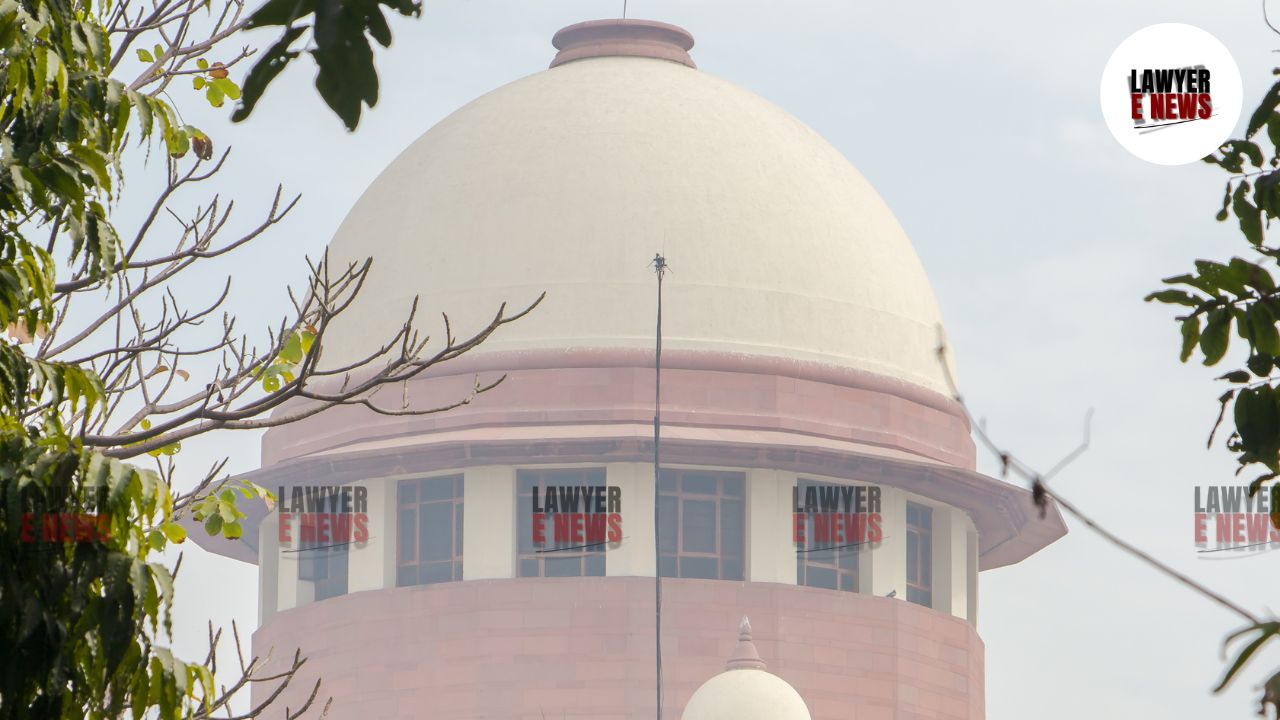-
by Admin
15 February 2026 5:35 AM



In a recent judgement, Supreme Court of India delivered a significant judgment in Committee of Creditors of KSK Mahanadi Power Company Limited v. M/s Uttar Pradesh Power Corporation Limited & Ors. (Civil Appeal No. 11086 of 2024), setting aside a Telangana High Court order that had deferred the Corporate Insolvency Resolution Process (CIRP) of KSK Mahanadi Power Company Limited, despite rejecting a request for consolidation of the CIRP with two other companies. The Supreme Court ruled that the High Court’s direction to defer the CIRP was unjustified and breached the discipline established by the Insolvency and Bankruptcy Code (IBC), 2016.
KSK Mahanadi Power Company Limited (Corporate Debtor), a public limited company engaged in electricity generation, was undergoing a CIRP under the Insolvency and Bankruptcy Code, 2016. The Committee of Creditors (CoC) of KSK Mahanadi Power Company Limited appealed to the Supreme Court, challenging the Telangana High Court’s order dated September 10, 2024, which deferred the CIRP.
The dispute originated from a petition filed by the Uttar Pradesh Power Corporation Limited (UPPCL) under Article 226 of the Constitution. UPPCL sought to consolidate the CIRP of three companies: KSK Mahanadi Power Company, KSK Water Infrastructure Private Limited, and Raigarh Champa Rail Infrastructure Private Limited, before the National Company Law Tribunal (NCLT), Hyderabad Bench. The NCLT had earlier rejected this request for consolidation. UPPCL then approached the High Court, which declined to grant the consolidation but still ordered the deferment of the CIRP process.
The key legal issue before the Supreme Court was whether the High Court, after rejecting the plea for consolidation, could still defer the CIRP in exercise of its writ jurisdiction under Article 226.
CIRP Deferral and Jurisdiction under Article 226: The Supreme Court observed that while the High Court rejected the primary relief of consolidation, it paradoxically deferred the CIRP, which was beyond the scope of its jurisdiction under Article 226. The Court emphasized that the High Court’s direction breached the statutory framework of the Insolvency and Bankruptcy Code, which aims for timely resolution of insolvency matters.
The Court stated, “There was absolutely no reason for the High Court to exercise its jurisdiction under Article 226 by directing the deferment of the CIRP. Such a direction under Article 226 breaches the discipline of the law which has been laid down in the provisions of the Insolvency and Bankruptcy Code 2016” [Para 10].
Consolidation of CIRP: The respondents had earlier sought consolidation of the CIRP of the Corporate Debtor with two other related entities. The NCLT had rejected this request, and the High Court upheld that decision. Despite this, the High Court deferred the CIRP without providing any legal basis for the deferral. The Supreme Court criticized this inconsistency, noting that after refusing consolidation, there was no justification to interfere with the CIRP.
The Supreme Court concluded that the High Court overstepped its jurisdiction by issuing the deferral order. The Court firmly held that the Insolvency and Bankruptcy Code, 2016, provides a clear mechanism for handling CIRPs and that undue delays caused by such deferral orders undermine the objectives of the Code.
The Court ruled, “We find merit in the grievance that the High Court had no justification to direct the deferment of the CIRP in the exercise of its jurisdiction under Article 226 of the Constitution” [Para 10].
The Supreme Court allowed the appeal and set aside the High Court’s order to the extent it deferred the CIRP of KSK Mahanadi Power Company Limited. The Court reiterated the importance of adhering to the discipline established by the Insolvency and Bankruptcy Code and underscored that judicial intervention under Article 226 should not disrupt ongoing CIRP proceedings without sound legal justification.
Date of Decision: October 14, 2024
Committee of Creditors of KSK Mahanadi Power Company Limited v. M/s Uttar Pradesh Power Corporation Limited & Ors.
